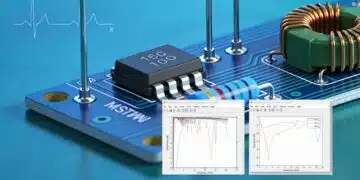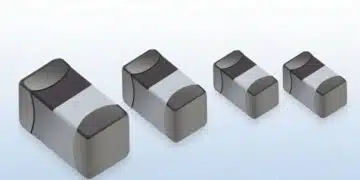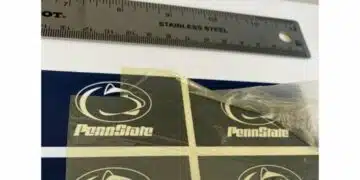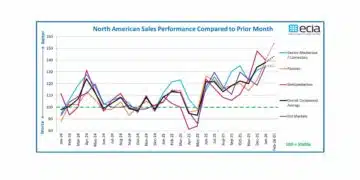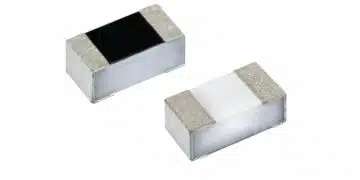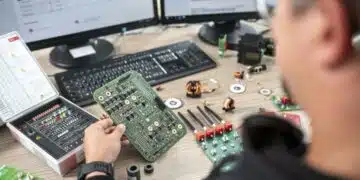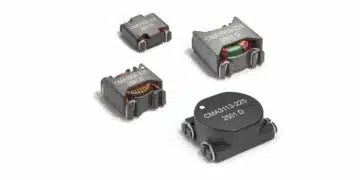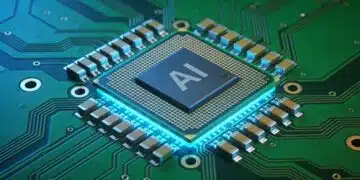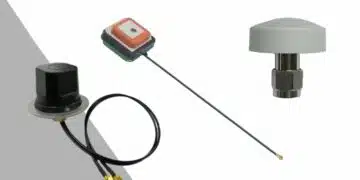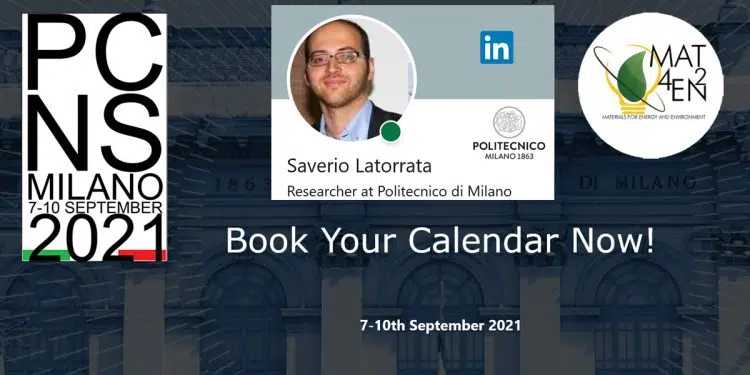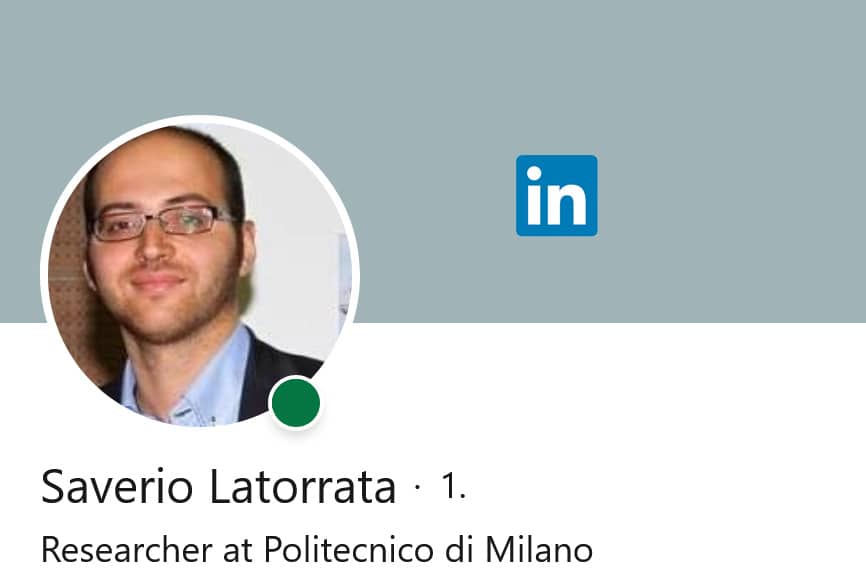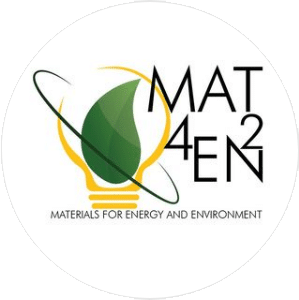TPC Technical Program Committee of the next 3rd PCNS Passive Components Networking Symposium scheduled for Sep 7-10th 2021 in Milano, Italy selected theme of the symposium: RELIABILITY & SUSTAINABILITY of PASSIVE COMPONENTS that will be elaborated in conference Workshop, Hot Topic Panel Discussion, Keynote and papers selection preferences. EPCI, the main PCNS organizer, questioned TPC members why they consider the theme so important for today’s passive electronic components and what shall be discussed within this topic in depth. The next interview #3 is with TPC academic member, Dr. Saverio Latorrata, PhD (SL), Researcher/Lecturer at Materials for Energy and Environment Laboratory, Department of Chemistry, Materials and Chemical Engineering “Giulio Natta”; Politecnico di Milano.
EPCI: What ideas, issues, concerns, directions has raised on your mind when TPC selected „Reliability & Sustainability of Passive Components“ as the 3rd PCNS theme ?
SL: Recently, issues related to environmental sustainability have become important in various areas of everyday life, obviously including scientific and technological research, as well as industrial production. Therefore, I believe it is important to discuss such topics in a broad and multidisciplinary forum, in our case applied to fundamental electronic devices such as passive components.
I also believe it would be essential to have a standardized way of assessing the impacts that the production of these components can have on the environment and how to reduce materials degradation influencing such impacts.
EPCI: What topic you would recommend for the Hot Panel Discussion and Why ?
SL: I would recommend a discussion on the relationship between durability of materials within devices and their macroscopic impact on the environment in order to address more responsible advancements that in any case do not penalize the effectiveness of the devices themselves.
EPCI: You are representing academia in PCNS TPC members and hosting university. Can you comment what is hot/upcoming from your position at the university relevant to the TPC theme?
SL: As a material science scholar, I believe it is important to analyze the chemical-physical mechanisms that contribute to the degradation of materials and the reduction of the reliability of components of any device.
Ultimately it is always necessary to seek a relationship between microscopic and macroscopic entities with the aim of predicting reduction of devices efficiency.
For some years this aspect has been considering strictly related to ecological and environmental sustainability. Furthermore, also working with students, I see an increasing need to create skills and awareness related to these issues that have been a bit lacking in the past.
EPCI: How is your university going to address this topic during PCNS ?
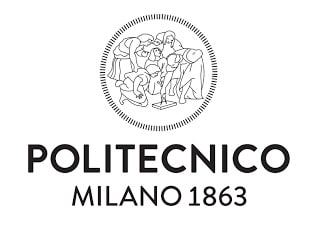
Some of our classrooms will host the conference, if the health situation will make possible to be in person, as all of us hope of course. Otherwise we will give the necessary support for the organization of an online event. In addition, some of our researchers will organize the pre-event workshop.
Politecnico di Milano is a proud hosting university of the 3rd PCNS ! We would like to invite everyone related to passive electronic components to join us. Laboratory tour will be part of the pre-event if we go live that we all hope for.
EPCI: Thank you Saverio and lets hope in best that we can meet live at PCNS in Milano in September
Dr. Saverio Latorrata, PhD can be reached at his Linked In profile or Materials for Energy and Environment lab Instagram profile or department website.
see more about PCNS on its website:
be active in passives ! join us and submit your paper abstract online:
About
PCNS Passive Components Networking Symposium is a bi-annual international symposium organized by EPCI European Passive Components Institute in co-operation with an European university. 3rd edition of the PCNS Passive Components Networking Days Symposium scheduled for September 7-10th, 2021 in Milano, Italy is hosted by Department of Chemistry, Materials and Chemical Engineering “Giulio Natta” and Department of Electronics, Information and Bioengineering of Politecnico di Milano. It is intended as a live event with speakers present with streaming options for virtual attendees. In worst case, the PCNS will move to virtual event; all registered attendees will get hard printed ISBN Proceedings (by mail post in virtual case).
Saverio Latorrata received his M.Sc. degree in Chemical Engineering (2008) and PhD in Materials Engineering (2014) at Politecnico di Milano, Italy. Currently he is Researcher at the Department of Chemistry, Materials and Chemical Engineering of the same institution. His research interests are mainly related to materials for electrochemical energy generators and electronic devices with a special focus on their sustainability and mitigating mechanisms of degradation. He is also Lecturer, teaching the course of “Materials for electrical applications” to students of electrical and materials engineering and laboratory supervisor of several master students and PhD candidates. He collaborates with companies on research projects on electronic devices and materials for wastewater treatment.


